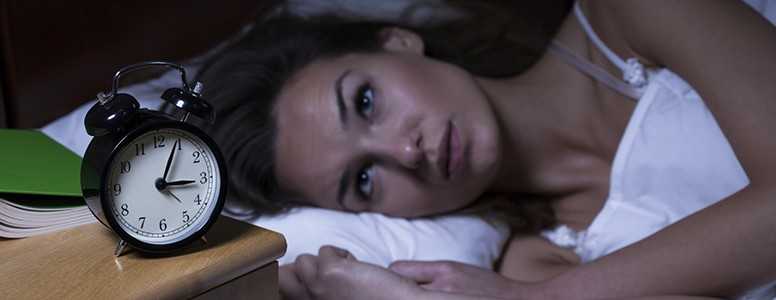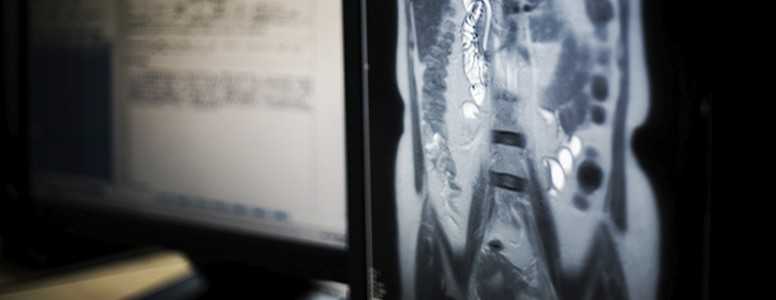A survey from Novo Nordisk finds that 50 per cent of people with diabetes suffer night-time hypoglycemia, while one third of people did not report this to their doctor.
The results from this survey coincide with Hypo Awareness Week (October 5-11), which annually stresses greater awareness of hypo symptoms among healthcare professionals, and communication between patients and doctors.
Novo Nordisk, the official partner for Hypo Awareness Week, have launched the awareness campaign TALK Hypos alongside the survey. The campaign, supported by Diabetes UK, encourages people who experience hypoglycemia to talk about this with their doctor or nurse.
Novo Nordisk has recently released their long-acting insulin Tresiba (insulin degludec), that has been shown to reduce instances of nocturnal hypoglycemia.
Nocturnal hypoglycemia
500 people with type 1 and type 2 diabetes were surveyed by Novo Nordisk – two thirds of whom had experienced a night-time hypo in the month prior to the survey.
Night-time hypos led to a significant impact on people’s lives. 21 per cent reported missing work, while 12 per cent suffered a loss of productivity at work. 13 per cent experienced a reduced desire to socialise, and a 12 per cent lost incentive to exercise.
More alarmingly, 14 per cent reported that they had physically injured themselves during a night-time hypo, and 25 per cent are scared to be alone when suffering nocturnal hypoglycemia.
Concerns have also been raised that one third of participants did not report night-time hypos to their doctor or nurse, despite the problems that it caused them.
Professor Anthony Barnett, Emeritus Professor of Medicine, University of Birmingham, said: “It is concerning that some patients are not reporting night-time hypos to their doctor or nurse, given the impact on their long-term health and lifestyle.
“People with diabetes who are experiencing either day- or night-time hypos are encouraged to speak to their doctor or nurse to ensure that they are being appropriately managed.”
If you are struggling with night-time hypos, or your hypo awareness in general, then you can improve your diabetes control with the Hypo Awareness Program, a completely free education course.
75 per cent report that their understanding of hypo awareness improved following the course, which focuses on enhancing your knowledge of hypo symptoms. The Hypo Awareness Program takes 30 seconds to sign up and can be completed at your own pace. It can also result in fewer cases of severe hypoglycemia among people with diabetes.
What's new on the forum? ⭐️
Get our free newsletters
Stay up to date with the latest news, research and breakthroughs.







